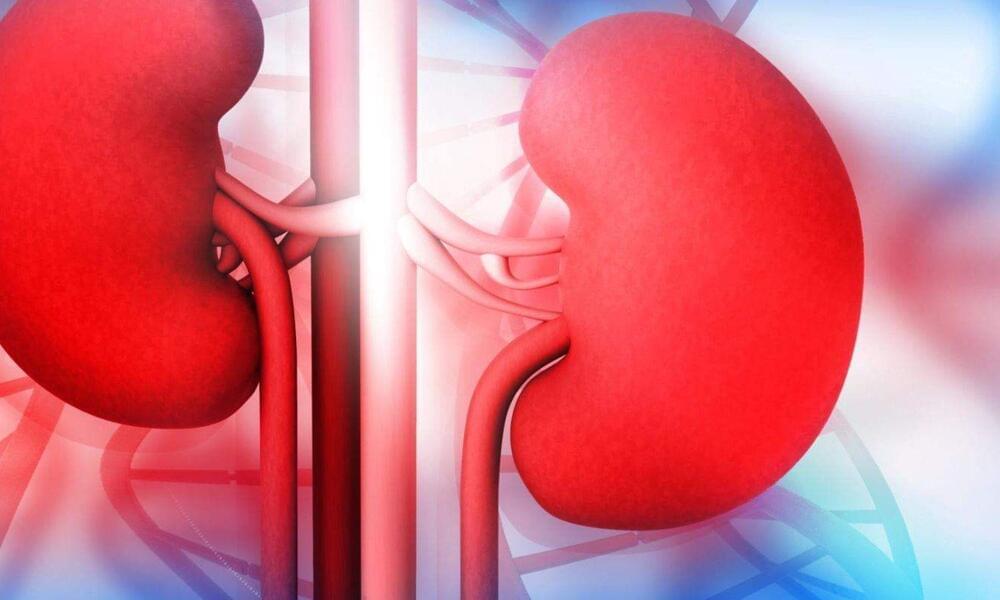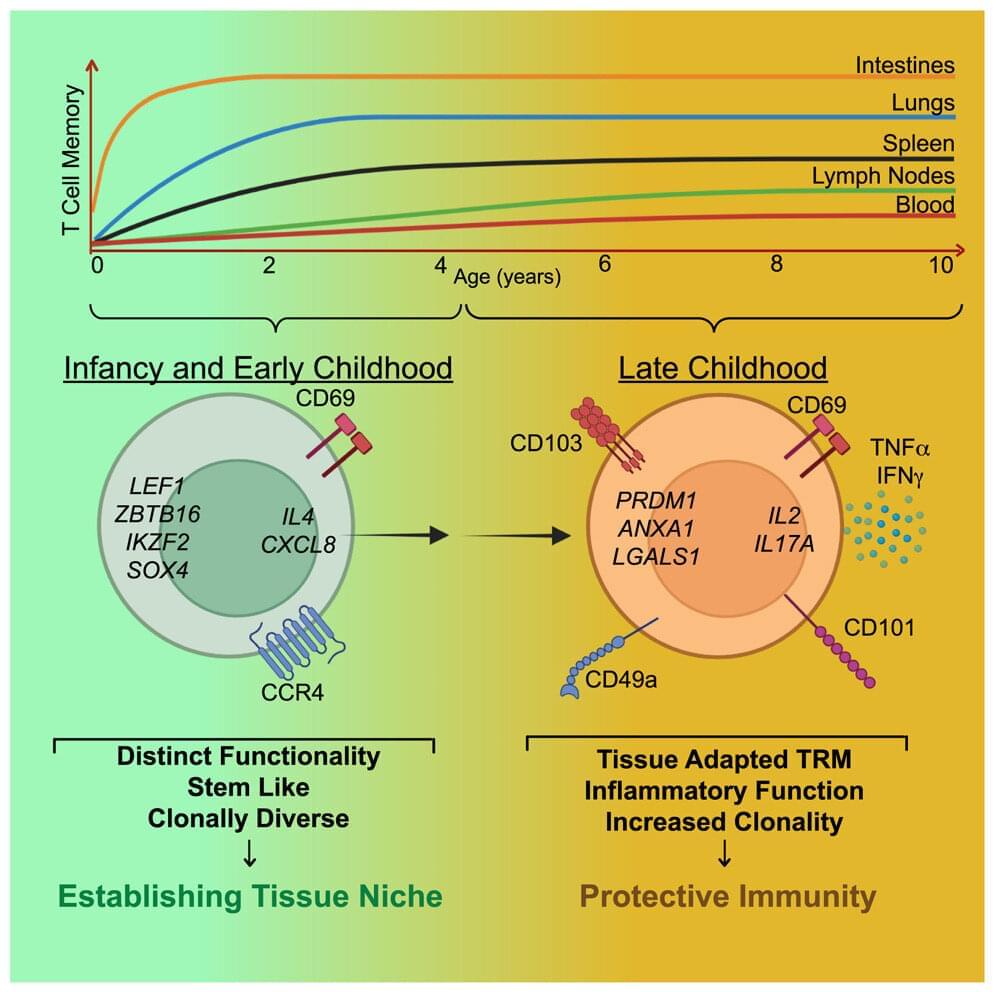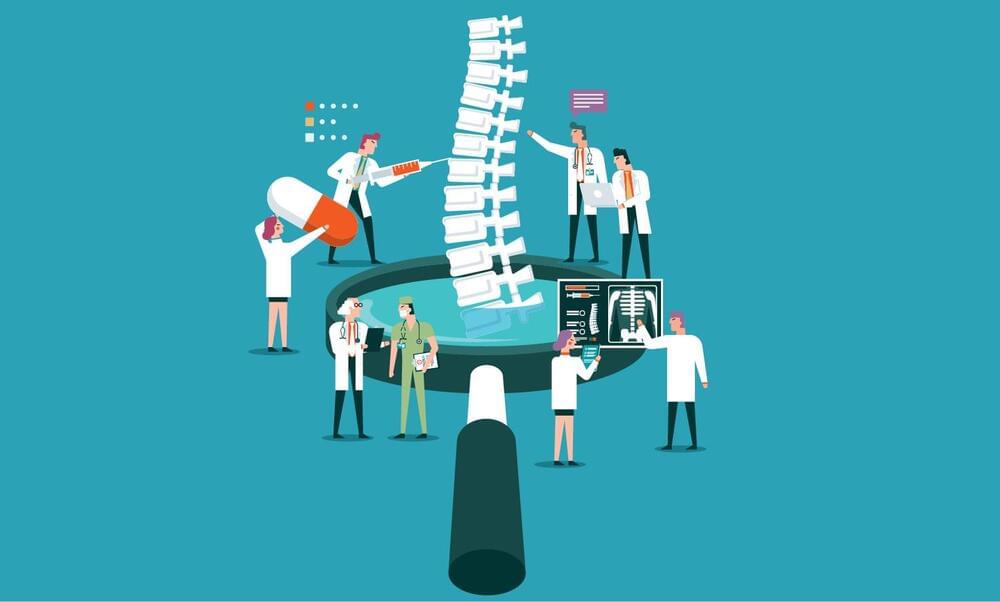
Researchers from the University of California, San Francisco and colleagues conducted a study to determine whether AKI is independently associated with subsequent kidney function trajectory among patients with chronic kidney disease (CKD). The findings suggest kidney disease observed after AKI often present before injury.
In the present study of hospitalized persons with chronic kidney disease (CKD) fournd that acute kidney injury (AKI) did not predict worsening of kidney function trajectory once difference in pre-hospitalization characteristically were fully accounted for. Instead, the authors suggest that much of determinants of faster kidney disease decline observed after AKI may already be present before AKI. The findings are published in Annals of Internal Medicine.
Many now believe that AKI is an independent risk factor for accelerated loss of kidney function. This has led to changes in research focus, practice patterns, and public health targets. However, prior studies associating AKI with more rapid subsequent loss of kidney function had methodological limitations, including inadequate control for differences between patients who had AKI and those who did not.


















